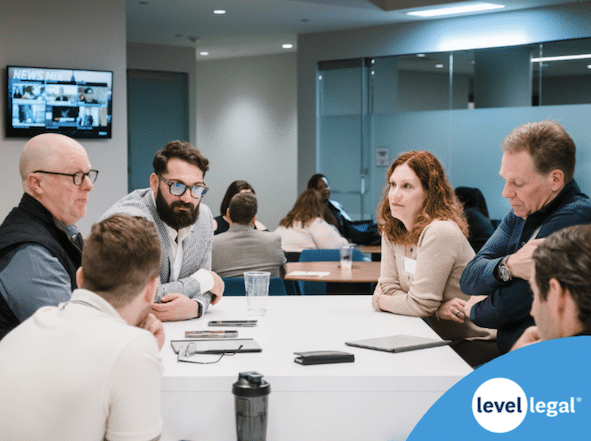Forensics
For scalability, just add Level Legal.
A typical forensics project involves 10 custodians with phones and workstations with a one-week deadline.
But your partner should be ready for 1,300 custodians in three weeks. We were and are. And that’s why our customers win.
For starters, Level Legal and our in-house team PC Forensics goes far beyond mere collections. Of course, we gather computers, phones, USBs, and more. But then our experts go further. Using the latest tools and technologies, we perform a detailed review to ascertain (and often recreate) the user actions performed prior to collection.
The best people. The biggest cases.
Want bona fides? Our forensics team has briefed the White House and Harvard University. We’ve also consulted with New Scotland Yard. Our experts developed and patented the first remote forensics collection system. Can we scale? Let’s just say we took the lead in one of the largest lawsuits ever (think opioids).
What our customers can expect from us:
YOU CAN EXPECT
Digital data collection
How do we collect electronically stored information? Let us count the ways: 1) Encrypted hard drives. 2) Live data acquisition. 3) Web-based email. Any device you can think of, from 4) GPS data to 5) a car, 6) a Fitbit, 7) a pipeline sensor, and 8) a data-equipped garbage can. (Yes, those exist.) 9) Enhanced collection validation logs. 10) Detailed chain of custody. 11) On-site or remote. 12) Domestic and international. 13) All fully defensible with testifying experts.
YOU CAN EXPECT
Every Level Legal forensics engagement begins with a discussion with one of our experts. That’s because it’s essential for us to understand our customers’ goals in order to delight them. Next, we locate the necessary devices, servers, or cloud accounts. Then we create a forensic image of the target data. That’s when we apply our deep expertise: informed analysis to deliver results.
YOU CAN EXPECT
Expert testimony
Need to explain technical matters for laymen in court? No problem. Level Legal makes the complex simple, either verbally or in writing. Our experts live up to the term “expert,” with the proper qualifications, certifications, and experience. They understand their legal responsibilities and possess detailed knowledge of courtroom mediations, arbitrations, and depositions.
Related Blogs & Articles
-

Cut Four Hidden Costs With an eDiscovery ‘Dream Team’
eDiscovery is the most expensive part of litigation. The American Bar Association estimates that document review alone accounts for more than 80 percent of total litigation cost. And though the most frequent misstep in eDiscovery management is a lack of strategic planning, many law firms and legal departments still fail to plan in this area. It doesn’t have to be this way. By following some best practices – namely developing your own eDiscovery...
-

December 7 Webinar: Why Culture Matters for Women in eDiscovery
If you’re a woman looking for a job in eDiscovery or already in an eDiscovery job – pretty comprehensive, right? – Level Legal has a new webinar for you. The details: Culture Counts: How Women Can Find and Create an Accommodating eDiscovery Environment 11:30 a.m. to 12:30 p.m. Central Wednesday, December 7 In cooperation with Women In eDiscovery (WiE), Level Legal will offer proven ways women can get ahead in the business at this one-hour...
-

Culture Counts: How To Find and Create an Accommodating eDiscovery Environment
Women in eDiscovery provide opportunities for women to grow personally and professionally. This video discusses how women can find a place of work accommodating their needs for eDiscovery.
-

Cut Four Hidden Costs With an eDiscovery ‘Dream Team’
eDiscovery is the most expensive part of litigation. The American Bar Association estimates that document review alone accounts for more than 80 percent of total litigation cost. And though the most frequent misstep in eDiscovery management is a...
-

December 7 Webinar: Why Culture Matters for Women in eDiscovery
If you’re a woman looking for a job in eDiscovery or already in an eDiscovery job – pretty comprehensive, right? – Level Legal has a new webinar for you. The details: Culture Counts: How Women Can Find and Create an Accommodating eDiscovery...
-

Culture Counts: How To Find and Create an Accommodating eDiscovery Environment
Women in eDiscovery provide opportunities for women to grow personally and professionally. This video discusses how women can find a place of work accommodating their needs for eDiscovery.


